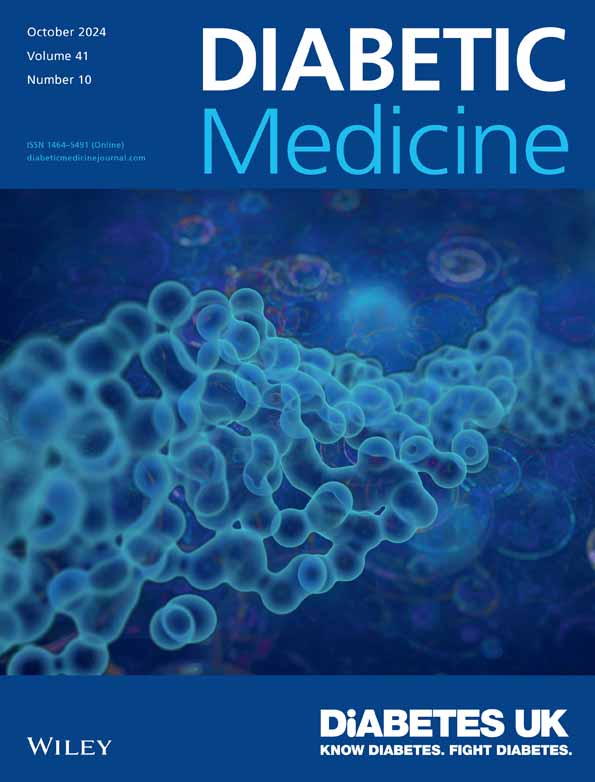“It is a constant battle”: A qualitative study of the lived experience of individuals with diabetic foot ulcer and post-healing challenges in primary care
Abstract
Aim
To explore the lived experiences of primary care patients with active diabetic foot ulcer (DFU) and post-healing in remission (PHIR) to inform tailored interventions.
Methods
A qualitative interview study was conducted with primary care patients with DFU and PHIR in Singapore. In-depth interviews were held with 27 participants (15 with active DFU and 12 with PHIR) from April to July 2022. Transcripts were analysed using thematic analysis.
Results
The lived experiences of individuals with DFU across its stages (active DFU and PHIR) were encapsulated in the notion of ‘a cyclical lifelong illness threat alongside a vicious foot cycle’, reflected in three key themes. The first theme, Making Sense of DFU, captured participants' varied perceptions of their condition—from misattributing in DFU management to seeing it as a constant battle, an unavoidable terminal disease (active DFU) or a wake-up call (PHIR). The second theme, Emotional Consequences, highlighted the significant psychological burden experienced by participants, encompassing emotional exhaustion leading to self care burnout, as well as chronic anxiety and persistent fear of recurrence. The third theme, Behavioural Challenges, illustrated the complexities of self management, with participants describing their efforts as a constant struggle to maintain self care routines, often marked by ambivalence towards long-term adherence.
Conclusions
This study highlights the persistent psychosocial and behavioural challenges faced by individuals with DFU and PHIR, underscoring the need for autonomy-supportive and empowerment-focused interventions to reshape perceptions of DFU, alleviate emotional distress and enhance adherence to self care.

 求助内容:
求助内容: 应助结果提醒方式:
应助结果提醒方式:


